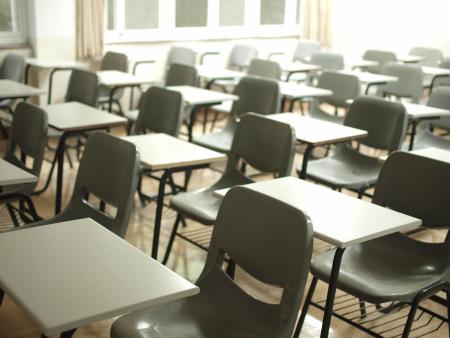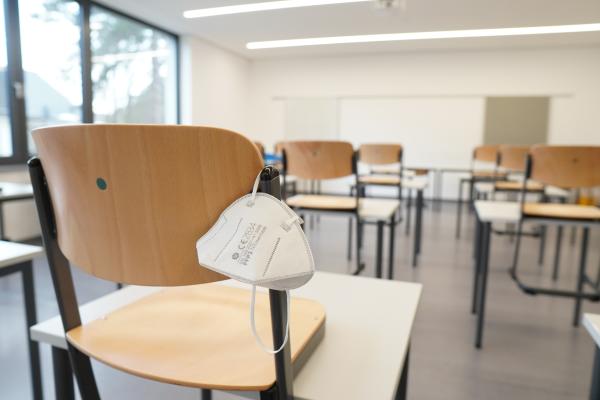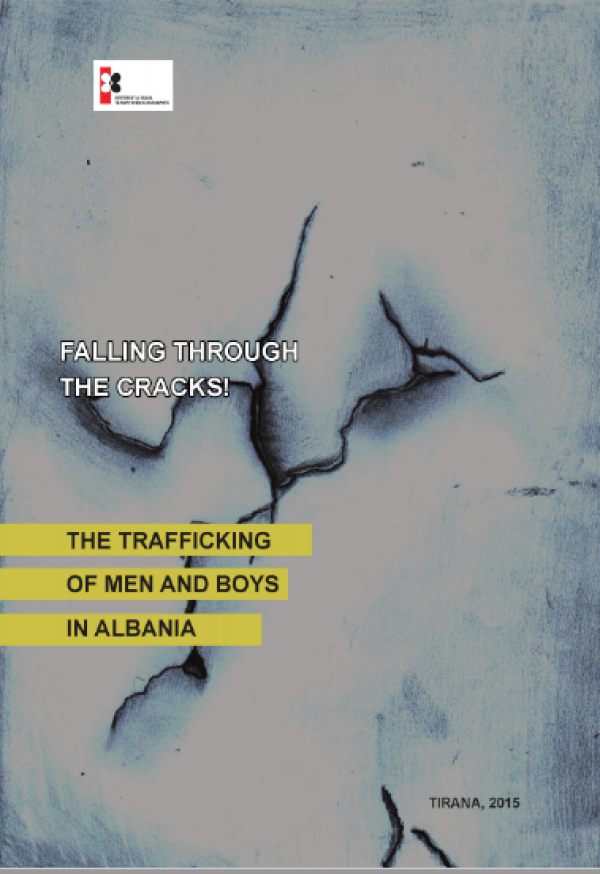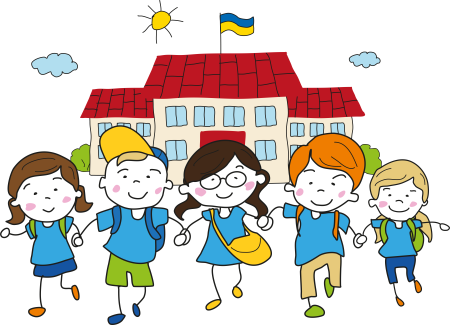
Germany: concerns rising for needed measures against COVID-19 for the upcoming school year this autumn. With no vaccine for children under age 12, multiple initiatives launched to further protect children.
Context:
- Straightforward decision announced by state education ministers: “full face-to-face instruction” for the upcoming school year
- Caution prevails: face masks and small class sizes will be a possibility, as well as protective measures until spring 2022
- New coronavirus variants steadily becoming more dominant in Germany, even with successful vaccination program and declining numbers
No vaccine for children:
- Schools are environments with unvaccinated people, and thus state a higher risk
- Currently no approved vaccines for children under 12
- Children between 12 and 18 can be vaccinated, yet this is not recommended
Protective measures in place:
- Protectionary measures underway, particularly during the summer vacation
- Regular ventilation of school facilities, yet in winter this proves difficult as children sit in class wearing gloves and hats
- Option for winter months: recommendation for mobile and built-in air cleaners, including pilot projects launched with mobile air purifiers
Concerns:
- The Kinderschutzbund, the largest advocacy organization for children and young people is still concerned about the dangers of face-to-face schooling
- Promised financial support for air purification by government may be too late to be effective
- Not all schools with manage to prepare adequately
- Families struggling financially cannot provide children with necessary technological equipment
Positive developments:
- “Digital Pact”: launched before the pandemic, budget was now increased to €5 billion in order to support schools in developing their digital education
- Although a mixed picture, there are many schools that have come through the pandemic well and are preparing for the future

You might like..
0
14
The majority of parents in England will be happy to send their children back to school, but two-thirds are concerned about the amount of learning lost.
Parents are much more confident about children going back to school this time than they were…
0
4
A survey by Prince's Trust Youth Index has been made for young people to share their COVID-19 pandemic experiences.
More than 2000 respondents, 200 Welsh, expressed their thoughts and feelings; 63% of 16-25 age group felt constant anxiety…
no
0
10
A standard school year for a child contains 190 days. Just until now, children have lost on average 74 out of it due to Covid-19, school closures and lack of access to remote learning. The report was revealed on Tuesday by Save the Children.…
0
7
Which is more harmful: being infected with the Covid-19 virus, or the long-term mental health impacts due to virus restrictions?
Today, the younger generation is suffering both from the consequences of the lockdown and from the problems that…
0
48
In Europe and Central Asia, children have missed more than 30 weeks of school. Evidence suggests that missing 50 per cent of the school year can lead to a year in lost learning. This is bad for children's mental and emotional well-being and it sets…
yes
0
82

The beginning of September marks a very important moment in our lives, mainly because children restart school after months in quarantine. While a lot of parents in the United Kingdom - and not only - are still working from home, their kids are being…
0
117
In Germany, children's school performance is strongly connected with their parents' socio-economic status; children from more advantaged backgrounds perform better than their peers. These children also have better chances to…
no
0
20
The COVID-19 pandemic and subsequent safety measures has had a huge impact on the lives of many. Surprisingly, scientists are finding that the number of new lives brought into the world during this time is much lower than they expected.
Last…
0
21
This study was conducted in the framework of the project “Enhancing the reintegration efforts for victims of trafficking in Albania”, supported through KBF’s Trafficking Victims Re/integration Programme (TVRP) in the Balkans.
This study tries…
0
10
Manchester Evening News reports on how the pandemic affected Oldham Council’s Children Services and their observation of concerning issues.
Gerard Jones, the executive director of children’s services informed the readers of the increasing volume of…
0
27
The number of referrals from the NSPCC about child abuse has increased by 79% since the UK-wide lockdown was imposed, according to the charity's data. Calls to its helpline resulted in 923 referrals to police and social services between April and…
0
34
A café owner in Stonehouse came up with a brilliant idea to help children, who lack necessary devices, access remote virtual learning.
Mr. Harman is a former teacher and now works as a school governor. Jack Harman was inspired by his friend’s…
yes
0
The full-scale invasion has brought new challenges to Ukrainian society. These are not only air raids, shelling, power and communication outages, but first and foremost, forced migration. Millions of people had to leave their homes and go to a safer…
0
46
After the refugee crisis emerged in Europe, Germany was one of the countries that accepted a significant number of refugees. They, however, have been facing many difficulties while trying to respond to the crisis and build an efficient system…
0
40
Many children returning to school face bullying and may suffer from anxiety, depression, feelings of shame, and other severe problems. Bullying can have immediate and long-lasting consequences on a young person’s mental health.
Bullying comes in…





















